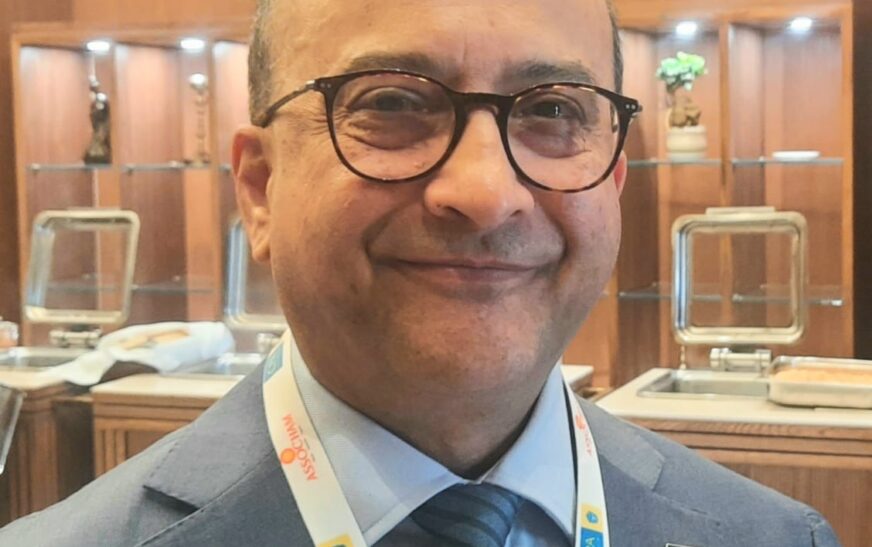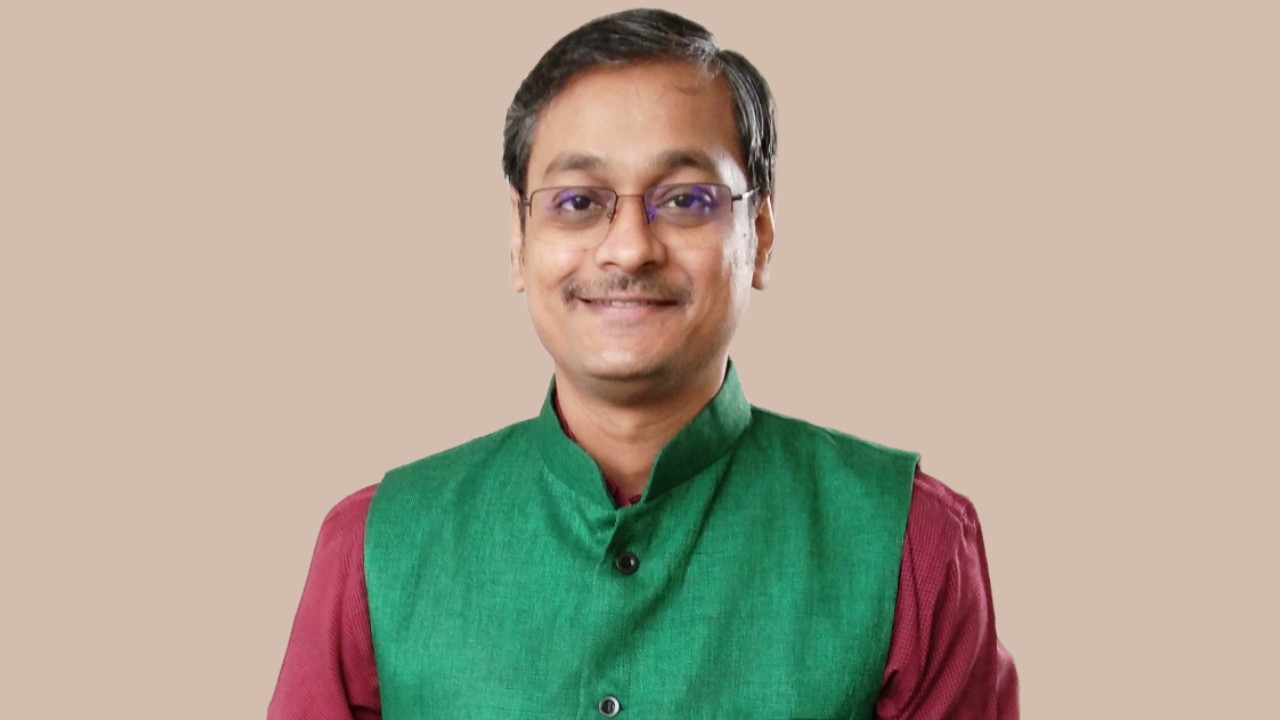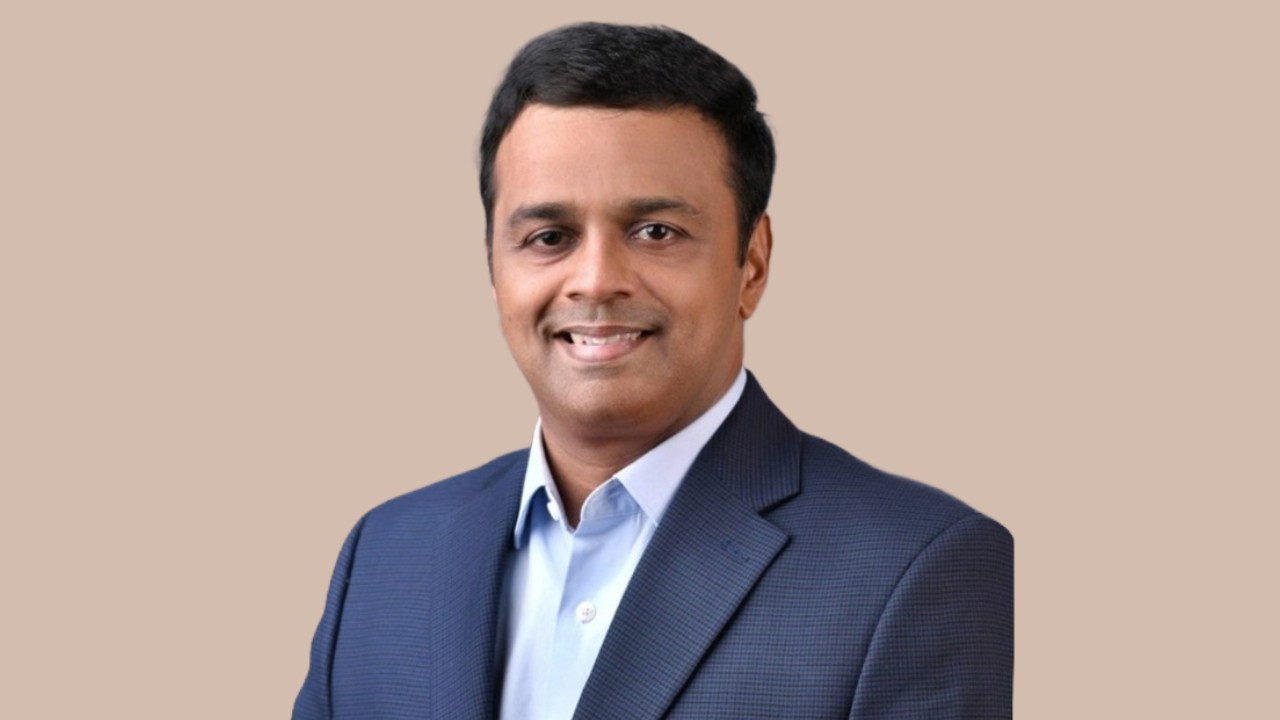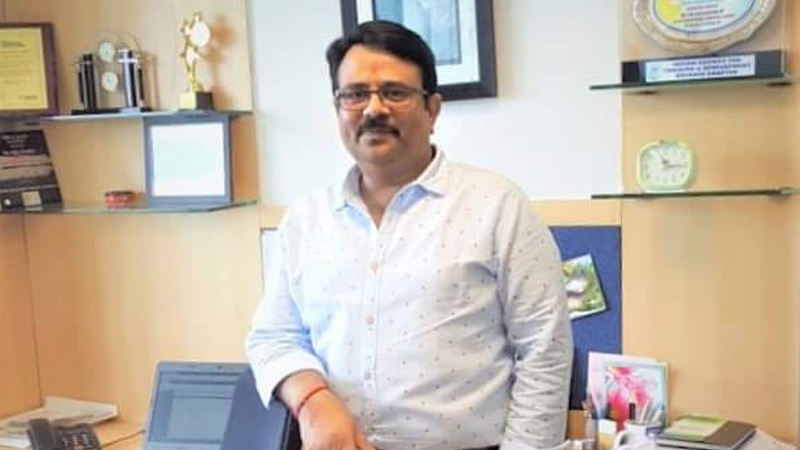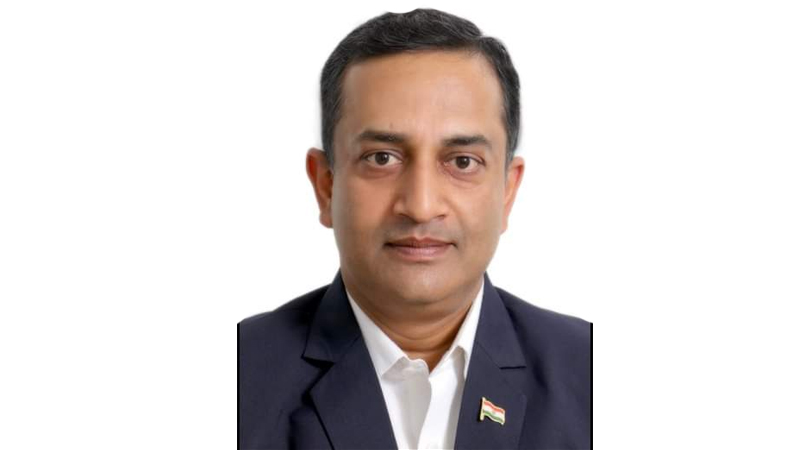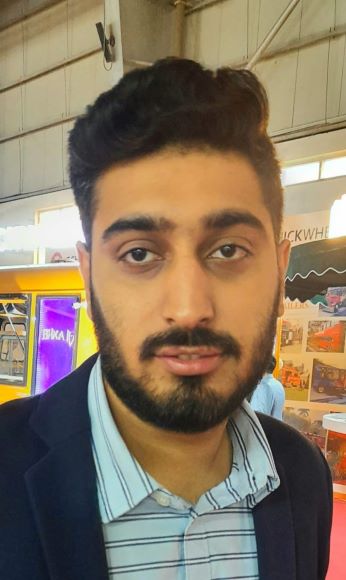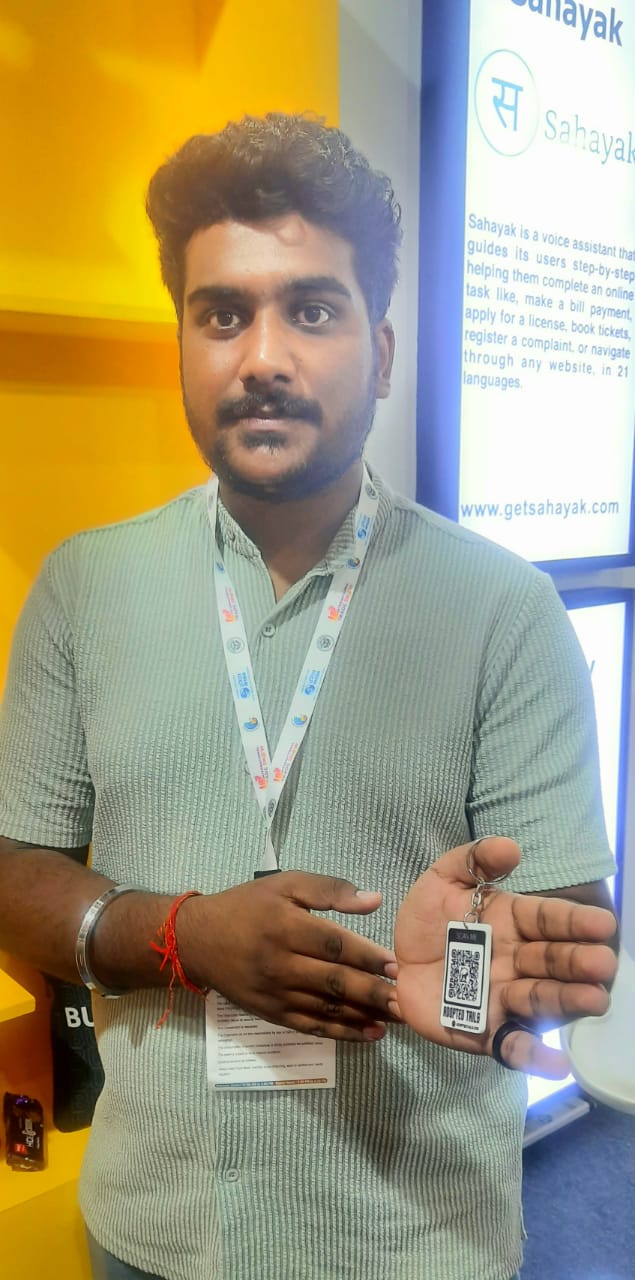Global accounting standards, particularly the International Financial Reporting Standards (IFRS), drive consistency and transparency in financial reporting. Australia and India have integrated IFRS to varying extents, reflecting their unique economic and regulatory frameworks.
Australia enforces full IFRS compliance through the Australian Accounting Standards Board (AASB), ensuring seamless alignment with global markets. Its financial ecosystem prioritizes fair value accounting, robust corporate governance, and a principles-based approach—key factors that bolster investor confidence.
India, while converging with IFRS through the Indian Accounting Standards (Ind AS), retains strategic modifications to suit local business conditions. The country adopts a more cautious stance on fair value measurement and financial instruments, prioritizing stability in volatile markets.
Both nations can leverage each other’s strengths. Australia’s advanced IFRS implementation offers valuable insights for India in refining fair value approaches and enhancing corporate transparency. Meanwhile, India’s adaptability and market-specific modifications provide Australia with a nuanced perspective on regional economic dynamics. Strengthening collaboration in knowledge sharing, regulatory alignment, and digital reporting innovations can accelerate cross-border investments and financial harmonization, fostering a more resilient global accounting ecosystem.
In an exclusive conversation with The Interview World, at the “Global Summit: Accelerated Value Creation for Sustainable Growth,” hosted by ASSOCHAM, Prof. Dale Pinto FCPA (Australia), Global President and Chair of the Board, CPA Australia, shares insights into the dynamics of accounting practices in the light of international trade. Speaking on the sidelines of the summit, he delves into how accountants can drive business growth by reducing compliance costs.
He also explains the transformative role of AI in accounting, the strategic fusion of technology and financial analysis within the Certified Practising Accountant (CPA) framework, and CPA Australia’s expanding collaboration with Indian accounting organizations. Additionally, he underscores the joint efforts of CPA and Institute of Chartered Accountants of India (ICAI) in fostering research and strengthening thought leadership in the accounting domain.
Here are the key takeaways from his insightful discussion.
Q: In what ways can accountants hired by MSMEs optimize compliance processes to reduce costs and help these businesses overcome growth challenges?
A: India envisions a $30 trillion economy by 2047, aiming to become the world’s second-largest by purchasing power parity. Achieving this milestone demands significant growth, with the services sector playing a crucial role—precisely where accountants come in.
Currently, MSMEs contribute roughly 30% to India’s GDP. Scaling that base to align with the government’s 2047 vision signals immense expansion. A report I reviewed projects a 5% compound annual growth rate over the next few years, reinforcing this trajectory with hard data. These aren’t arbitrary numbers but evidence-backed projections highlighting the economy’s upward momentum.
This growth surge will drive demand for accountants, not just within Indian enterprises but also among multinational corporations entering the market. A visit to GIFT City illustrated this transformation—31 buildings under construction, numerous companies establishing a presence. These firms will require both local expertise, such as ICAI-certified professionals, and international accounting knowledge spanning Australian tax laws, financial regulations, and sustainability standards. As a result, the demand for accountants will rise, but their roles will evolve significantly.
Q: How will emerging technologies like AI revolutionize the accounting process, and what impact will this have on efficiency, accuracy, and decision-making?
A: AI will serve as a powerful tool, enabling accountants to work smarter by eliminating repetitive tasks and streamlining compliance work. No longer will accountants be bogged down by mundane duties—AI will take over. Consider auditors, for example: they currently rely on sampling methods due to the limited capacity to analyze vast datasets. AI will change that. Instead of analyzing just one annual report, AI can process hundreds, conducting data analysis and ratio calculations. It will flag potential issues, such as negative cash balances or growth opportunities, with remarkable precision.
However, the interpretation of this data—identifying risks or uncovering growth prospects—will still require human expertise. This shift will redefine accountants’ roles, moving them away from compliance and administrative tasks like spreadsheet work and tax returns, towards high-level advisory functions. As a tax professional, I can affirm that while AI might help complete a tax return, it cannot replace the human judgment involved in shaping the advice behind it. Decisions such as whether to expand through a subsidiary or branch, or whether to choose debt or equity funding, hinge on ethics, strategic thinking, and sound judgment.
I firmly believe that technology won’t replace accountants. Instead, it will transform their responsibilities. The need for critical human skills—judgment, ethics, and strategic thinking—will remain irreplaceable. This evolution is why professional bodies like ours are adapting. Our program, once solely focused on technical expertise, is now incorporating areas such as strategic leadership, data literacy, ESG, and sustainability. We must continuously evolve to meet these changing demands.
Q: How is CPA leveraging technology to enhance financial analysis and deliver more strategic insights?
A: Our product suite already includes several key offerings. First, we have the CPA program, our foundational certification. After qualification, professionals need to stay current, and that’s where our Continuing Professional Development (CPD) programs come in. These programs include micro-credentials, allowing individuals to enhance their expertise.
We’re already offering micro-credentials in digital finance, including blockchain and emerging financial technologies, equipping professionals with cutting-edge knowledge. Additionally, we’ve developed multiple micro-credentials in ESG, with new ones continually being released to meet the growing demand for sustainability expertise.
Professionals today need to understand how to monitor and report sustainability, a critical competence in today’s business landscape. As this demand increases, we’re not only providing relevant training but are also integrating these elements into our core CPA program to ensure that our members remain at the forefront of industry developments.
Q: With the MRA already in place with ICAI, what additional initiatives or strategies are you exploring to further expand your presence in India?
A: Collaboration stands as the central theme, structured across three distinct levels. At the highest level, we have government-to-government collaboration. Australia and India, as established trade partners, are advancing their relationship through initiatives like the Australia-India Education and Skills Council (AIESC). This government-level collaboration is thriving, with bilateral ties stronger than they have been in years.
The second level of collaboration is industry-to-industry engagement. A prime example of this is the Mutual Recognition Agreement (MRA) with ICAI, which allows accountants completing the CA program here to earn a CPA designation by taking an additional unit. Why is this significant? The global recognition of the CPA designation spans over 100 countries, offering Indian accountants the opportunity to expand their professional horizons internationally.
Moreover, we’ve recently signed an MoU with ASSOCHAM, an influential industry body, marking another step in deepening industry ties. There are more such agreements in the pipeline, further strengthening these industry-level collaborations.
Our approach is focused on complementing, not competing with, local bodies. For instance, in the case of ICAI, we aim to collaborate by offering training for local accountants on international tax rules, particularly in Australia. As companies establish themselves in GIFT City and across India, there is a growing need for accountants to understand both domestic and global tax regulations. This presents an opportunity for mutually beneficial collaboration.
Additionally, collaborations with universities are vital. We have an established relationship with Christ University in Bangalore, where our program is embedded. Students can complete a few units and then progress to the CPA program. Recently, we also visited Deakin University in GIFT City, continuing to build our educational partnerships.
The third and final level of collaboration is person-to-person interaction. Ultimately, businesses are built on relationships between people. Across both countries, individuals are actively engaged in fostering these connections. It’s this multi-tiered collaboration—spanning governments, industries, and people—that we are cultivating.
Our goal isn’t simply to expand our membership base; it’s to identify and address gaps in the local landscape. We are committed to complementing what is already in place and supporting areas where we can add value. For me, the focus should be on the profession as a whole. The accounting profession faces significant challenges in attracting talent, and the solution lies in collaboration. Only through working together can we build a stronger, more sustainable future for the profession.
Q: Given that the MRA with ICAI has been in place for over a decade, how have you been facilitating knowledge sharing and supporting ICAI in this regard?
A: In addition to collaborating with our membership, we also focus on joint thought leadership. As part of this effort, we regularly conduct and share insights from key surveys. For example, the Asia Pacific Small Business Survey has been running for 15 years, and we share its findings across the region. Today, we released our Business Technology Report, which is another initiative where we are collaborating with organizations like ICAI.
We have also partnered with ICAI on their research awards, where they invited us to serve as an international partner. I had the honor of chairing the panel last year, and I attended the presentation in Chandigarh.
Our collaboration spans multiple areas—there is no single focus. We are engaged in joint thought leadership and research efforts. For instance, in the next two days, both the CEO and I will present papers at the World Forum of Accountants, engaging in further discussions and dialogues throughout the conference. Overall, these efforts reflect the multi-layered nature of our relationship with ICAI and similar bodies.


